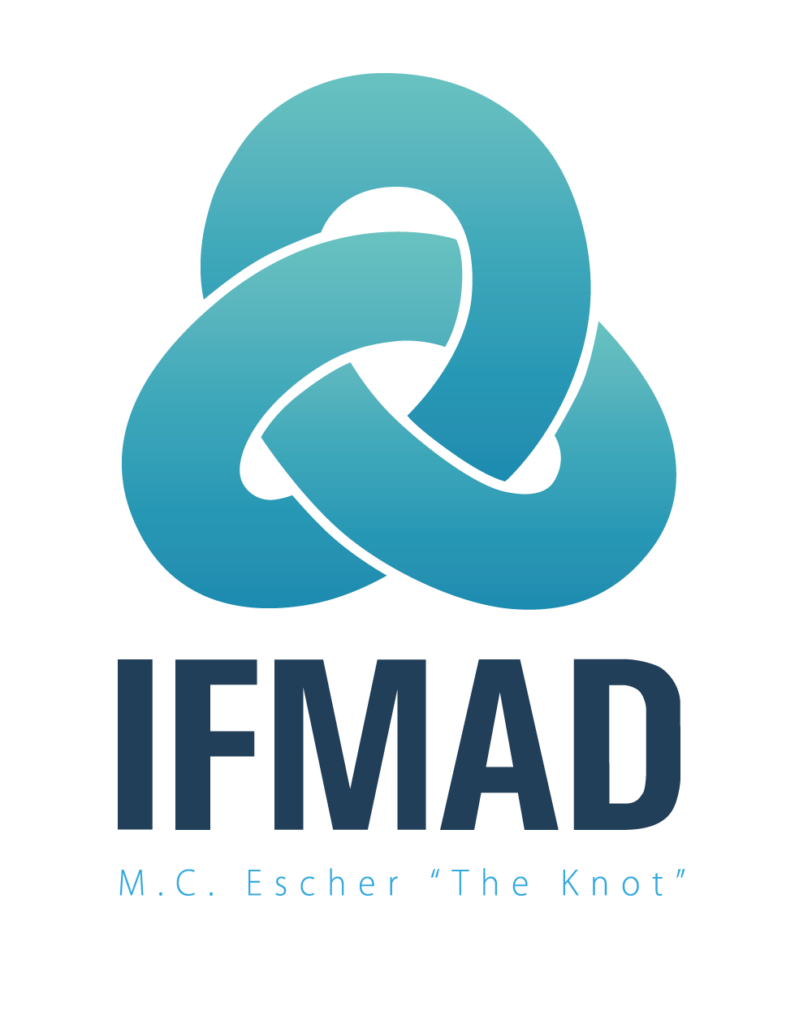Psychiatric Disorders
An Introduction to Psychiatric Disorders
Neuropsychiatric conditions (e.g. autism, ADHD, bipolar disorder, depression, schizophrenia), are leading causes of disability worldwide and constitute a substantial health burden. Advances in diagnosis, treatment and prevention of mental health conditions have included enhanced understanding of their genetic basis and the identification of modifiable risk factors. Emerging novel pharmacological strategies include ketamine, medical cannabis and guanfacine. Technologies such as deep-brain stimulation and transcranial magnetic stimulation are proving beneficial in a number of disorders. However, further understanding of the molecular processes involved in the pathogenesis of psychiatric disorders is needed.
Browse our gallery of video highlights and short articles from the conference hub, providing latest expert insights from major conferences and peer-reviewed articles from the journal portfolio.
Our supporting partners do not constitute an endorsement of the content on this page.
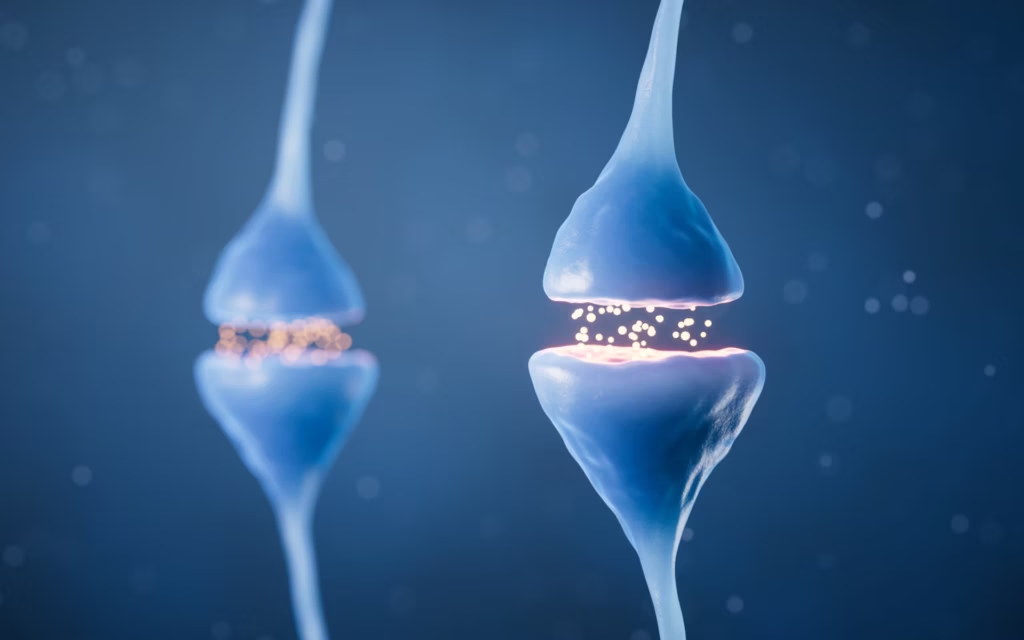
"Continued support for research, and for the patients themselves, is absolutely critical. I’m grateful for the opportunity to help bring some of this work to light." Dr Anissa Abi-Dargham is Chair of Psychiatry and Behavioral Health at the Renaissance ...
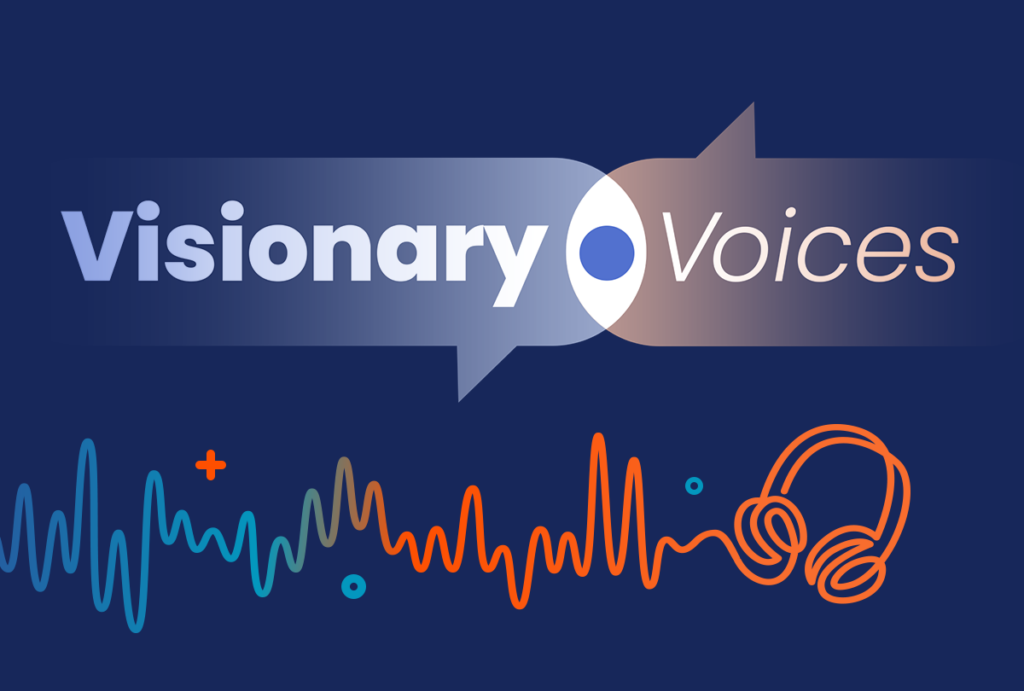
Physician burnout is at a critical point. In this episode, Nicky speaks with Dr Alfred Atanda about why so many physicians are burning out and what can be done to change the trend. From personal experience to system-wide solutions, Dr Atanda shares valuable insights on improving physician well-being and building a more effective healthcare culture.
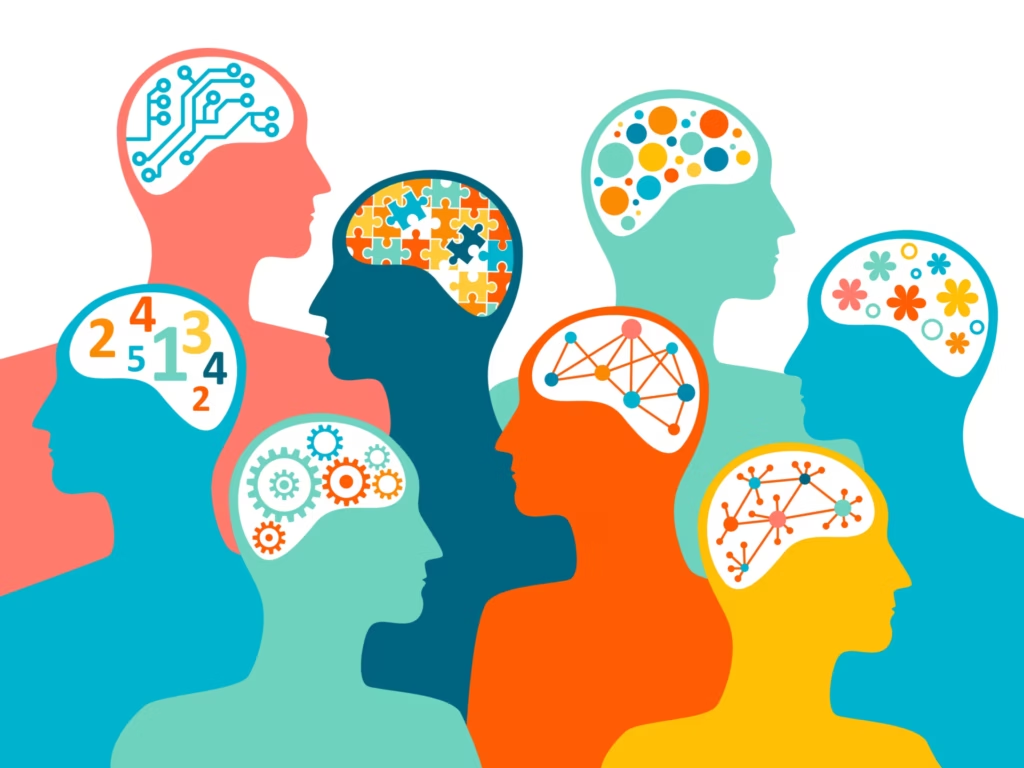
“Your brain thrives on connection; meeting people, interacting and sharing ideas is vital for not only your individual brain health but also our species survival” In this inspiring conversation, and as part of touchNEUROLOGY’s Future Leaders 2025 series, we speak ...

"I have learned to value meeting patients where they are, listening with empathy, and offering structure, which can build trust, strengthen compliance, and improve outcomes." Dr Anna Maria Laure, postgraduate trainee in psychiatry and psychotherapy at the Medical University ...

"it is great to find out that some reasoning and a prescription has helped someone turn their life around" Dr Alexander Lisinski, resident psychiatrist at Sahlgrenska University Hospital and researcher at the Department of Pharmacology, Sahlgrenska Academy, Gothenburg, Sweden, ...

In this episode, we explore the future of continuing medical education (CME) with the team behind touchIME. Hannah Fisher and Matthew Goodwin share insights into global and US trends, the importance of patient inclusivity and how educational outcomes are evolving to better measure the direct impact of learning on clinical practice and patient care.

From 4–6 June 2025, the 20th International Forum on Mood and Anxiety Disorders (IFMAD) will take place in Budapest, Hungary, marking a significant milestone for this long-standing event in psychiatric research and practice. Since its inception in 1999, IFMAD has brought together global experts to explore the latest advances in the understanding and treatment of mood and anxiety disorders.

In this episode, we’re joined by Bradley Love, Professor of Cognitive and Decision Sciences at UCL, ELLIS fellow, and creator of BrainGPT. We discuss how this large language model is poised to assist researchers in advancing their work.

Three experts consider agitation in Alzheimer’s dementia with a focus on pharmacological treatment options.



Article highlights Multiple screening tests are available to screen patients for cognitive impairment, and the Confusion Assessment Method is a helpful test to screen for delirium in the immediate postoperative period. Medicine reconciliation and identification and removal of potentially inappropriate ...
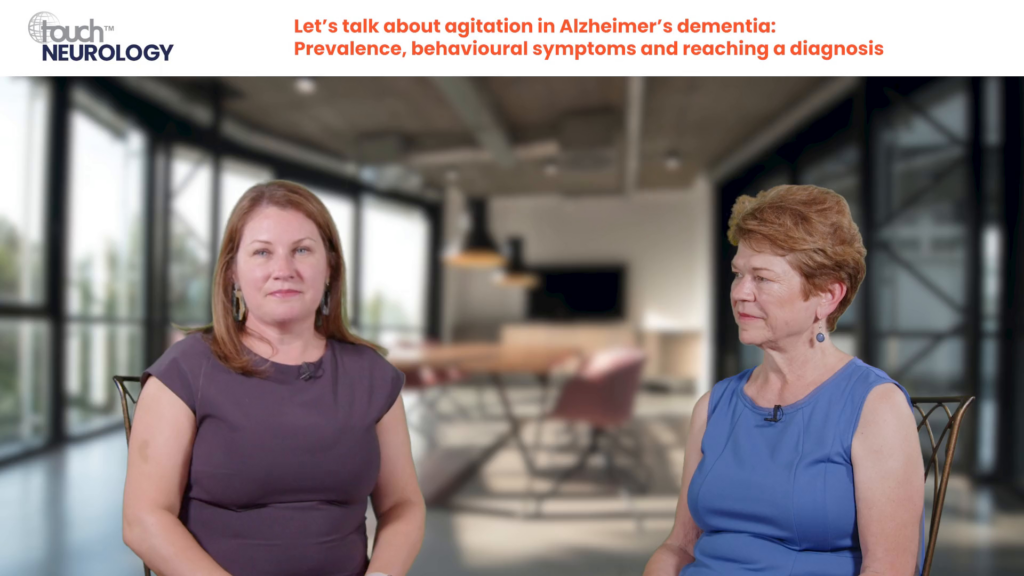
Watch a gerontological nurse practitioner and a family care partner discuss agitation in Alzheimer’s dementia.


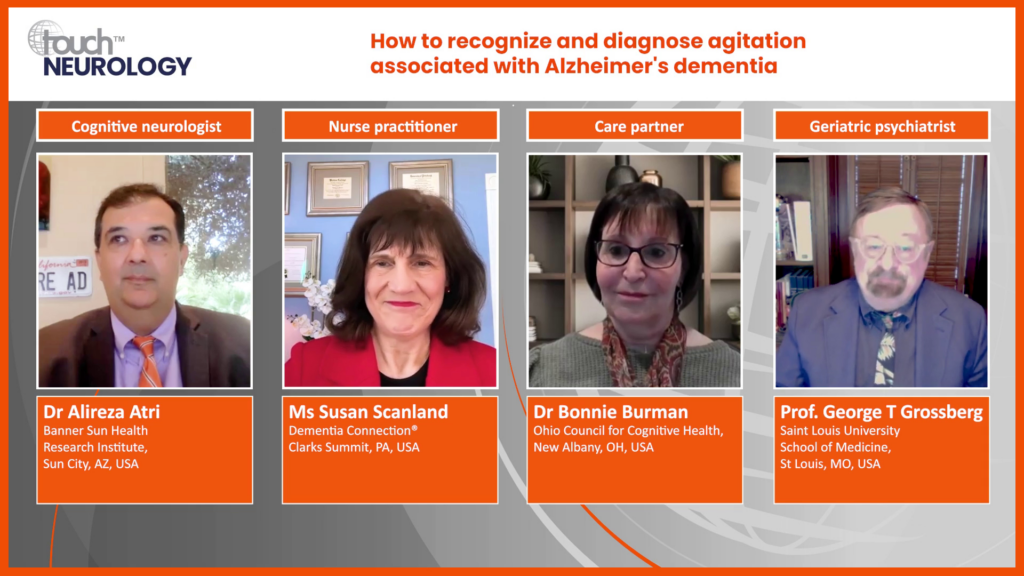
A multidisciplinary team and a care partner discuss the prevalence, impact and management of agitation in Alzheimer’s dementia.



Guidance following the failure of monotherapy when treating depression is limited, as such clinicians usually take a trial and error approach to treatment, a treatment algorithm could help personalise patient care and achieve improved outcomes. It was a pleasure to ...

Despite being one of the most common serious psychiatric disorders, major depression remains difficult to treat with only 30-50% of patients achieving remission from monotherapy or talk therapy, however many promising new antidepressants are currently under investigation. We were delighted ...
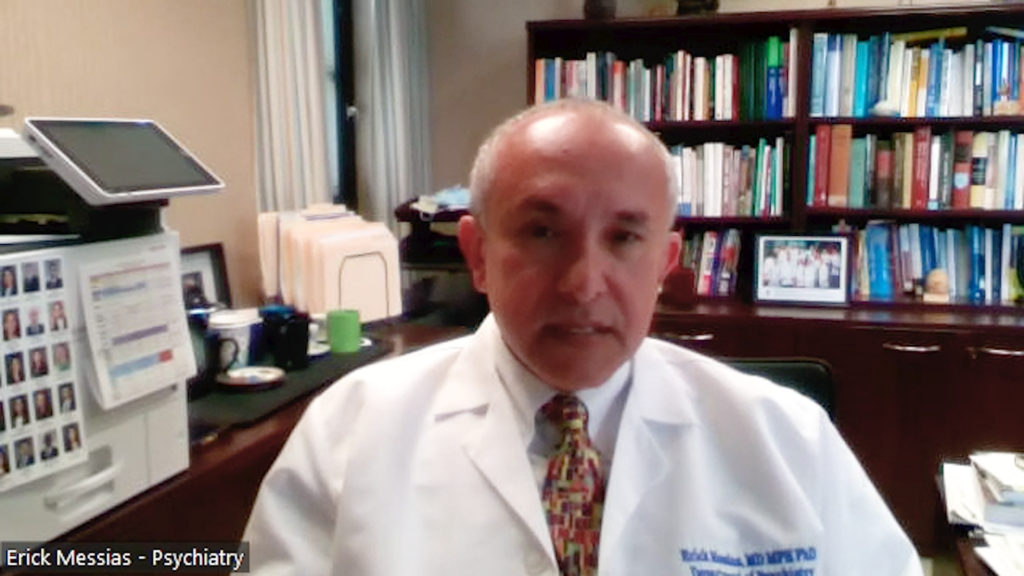
Implementing positive psychiatry approaches can face various barriers across different levels of care. These include resistance to change, limited resources, time constraints, and the dominance of a deficit-focused model. In this touchNEUROLOGY interview, we speak with Dr Erick Messias (Saint ...

Positive psychiatry encompasses several approaches that focus on promoting well-being and resilience in mental health care. In this touchNEUROLOGY interview, we speak with Dr Erick Messias (Saint Louis University School of Medicine, St. Louis, MO, USA) to discuss how positive ...
Latest articles videos and clinical updates - straight to your inbox
Log into your Touch Account
Earn and track your CME credits on the go, save articles for later, and follow the latest congress coverage.
Register now for FREE Access
Register for free to hear about the latest expert-led education, peer-reviewed articles, conference highlights, and innovative CME activities.
Sign up with an Email
Or use a Social Account.
This Functionality is for
Members Only
Explore the latest in medical education and stay current in your field. Create a free account to track your learning.


